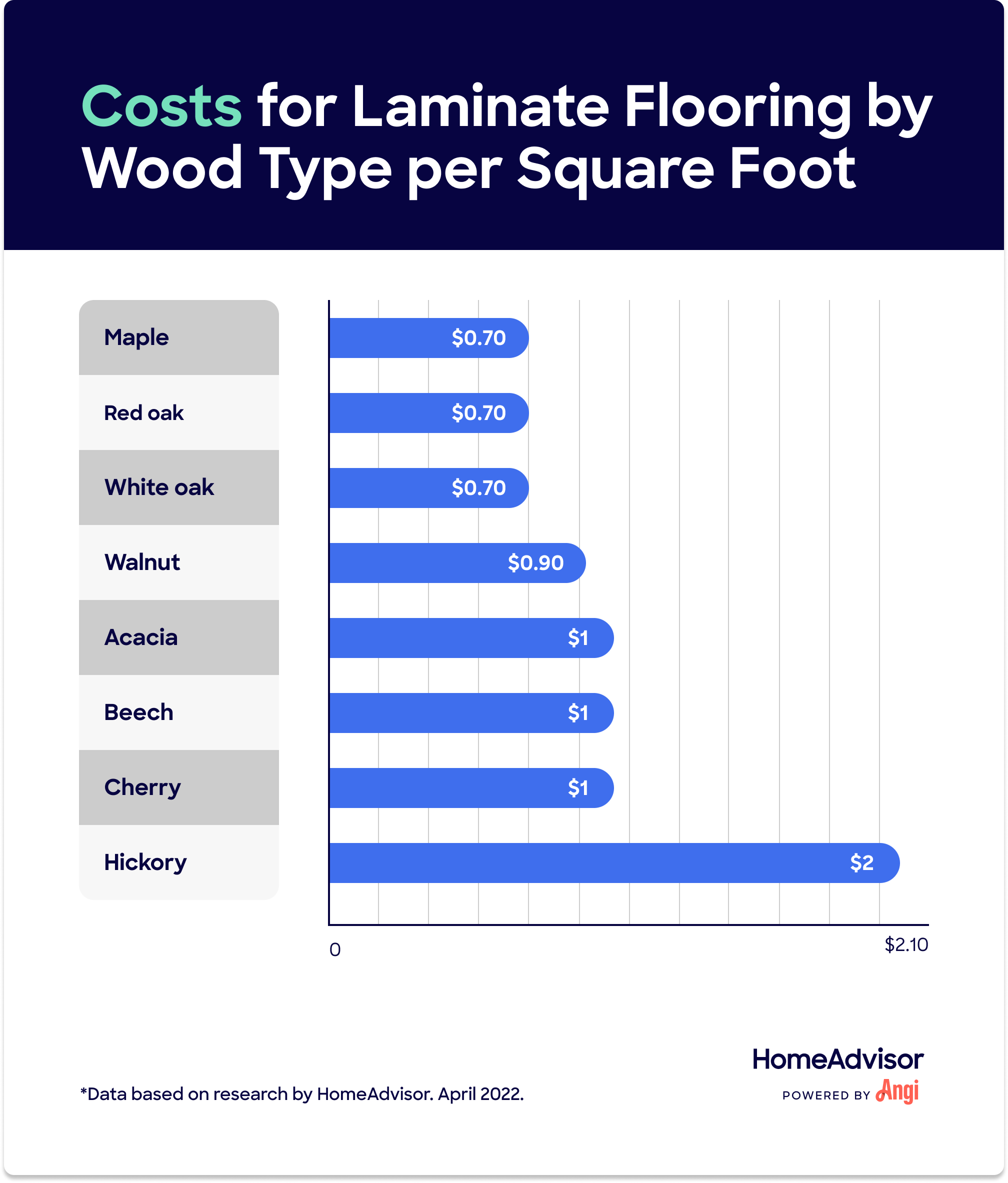Imagine stepping into a freshly remodeled room, the soft, warm carpet underfoot welcoming you home after a long day. Or maybe you envision sleek, modern tile gleaming in your kitchen, reflecting sunlight and adding a touch of sophistication. A new floor can transform a space, but before you get swept away by the dream, there’s one crucial question you need to ask: How much will it cost?

Image: www.reviewhome.co
The answer, as with many things in life, isn’t as simple as a single number. The cost of installing flooring is influenced by a multitude of factors, each weaving its thread into the final price tag. From the type of flooring chosen to the size of your space and the level of expertise required, there’s a lot to consider. But don’t worry, we’re here to unravel the complexities and equip you with the knowledge to make informed decisions about your flooring project.
Understanding the Building Blocks:
The cost of flooring installation is often expressed as a per-square-foot price, giving you a starting point to estimate your project’s financial commitment. But this figure is just the tip of the iceberg. To truly grasp the cost, we need to dissect the various components that contribute to it.
1. Flooring Material:
Your choice of flooring material sets the stage for the entire project, influencing not only the aesthetics but also the cost. Here’s a breakdown of common flooring types and their approximate price ranges:
- Carpet: $2-$15 per square foot, depending on fiber type, density, and style.
- Hardwood: $4-$15 per square foot, with engineered hardwood often being more affordable than solid hardwood.
- Laminate: $2-$8 per square foot, making it an affordable alternative to hardwood.
- Luxury Vinyl Tile (LVP): $3-$7 per square foot, offering durability and water resistance at a reasonable price.
- Tile: $3-$15 per square foot, with natural stone tiles being more expensive than ceramic or porcelain tiles.
Remember, these are general estimates, and specific pricing can vary depending on the brand, style, and quality of the materials.
2. Labor Costs:
Professional installation is an essential part of ensuring a successful flooring project. Labor costs can vary widely based on factors like:
- Complexity of the installation: Installing a complex floor pattern, like herringbone or parquet, will require more time and expertise, leading to higher labor costs.
- Location: Urban areas often have higher labor rates compared to rural areas.
- Experience level of the installer: Experienced professionals may charge higher rates due to their expertise and track record.
- Project size: Installing a small area may have a higher per-square-foot labor cost due to fixed expenses like travel and setup.
On average, labor costs for flooring installation can range from $2 to $10 per square foot, adding a significant portion to your overall project cost.

Image: www.rocktherm.com
3. Additional Costs:
Beyond flooring materials and labor, several other expenses can contribute to the total cost, including:
- Subfloor preparation: Existing subfloors may require leveling, patching, or replacing before new flooring can be installed. This can add anywhere from $1 to $5 per square foot to the overall cost.
- Underlayment: Some flooring types, such as carpet and LVP, need underlayment to provide cushioning, soundproofing, or moisture protection. The cost of underlayment varies based on the material and thickness, ranging from $0.50 to $2 per square foot.
- Molding and trim: Transition strips, baseboards, and other trim pieces add to the aesthetic appeal and complete the flooring installation. Their cost will depend on the material, style, and quantity needed.
- Permits and inspections: In certain areas, permits may be required for flooring installations, and inspections may be necessary to ensure compliance with building codes.
- Removal of existing flooring: If you need to remove existing flooring before installing new flooring, you’ll need to factor in the cost of demolition and disposal.
Navigating the Maze of Costs:
With all these factors in play, it can feel like navigating a maze to find the true cost of your flooring project. Fortunately, there are strategies you can implement to gain clarity and control.
1. Get Multiple Quotes:
Don’t settle for the first quote you receive. Get estimates from at least three reputable flooring installers to compare pricing and services. This will give you a better understanding of the market rates and help you identify any potential red flags.
2. Research the Marketplace:
Before contacting installers, do your research and browse online resources, flooring retailers, and home improvement stores. Familiarity with material prices and labor rates will empower you to ask informed questions and negotiate better deals.
3. Consider DIY vs. Professional Installation:
If you’re skilled and have the time, tackling some aspects of the flooring installation yourself can save you money. However, remember that certain tasks, like installing hardwood or tile, require specialized knowledge and tools. For those projects, professional installation is often recommended.
Remember, quality materials and expert installation are paramount to a successful flooring project. Don’t be tempted to compromise on either in a quest for lower costs. Investing in high-quality materials and professional labor will ensure a beautiful and long-lasting floor that adds value to your home.
Expert Insights:
“When budgeting for a flooring project, always factor in unexpected costs and allow for a contingency of 10-15% of the total estimated cost,” advises Sarah Jones, a seasoned interior designer. “This cushion protects you from surprises and ensures that your project stays on track financially.”
Cost Of Installing Flooring Per Square Foot
Take Control of Your Flooring Project:
Now that you have a better understanding of the factors influencing the cost of flooring, you are equipped to make informed decisions for your project. Be proactive in gathering information, exploring options, and seeking professional advice. And remember, a well-planned and executed flooring installation is an investment that can enhance your home’s beauty, comfort, and value for years to come.



/GettyImages-173599369-58ad68f83df78c345b829dfc.jpg?w=740&resize=740,414&ssl=1)


